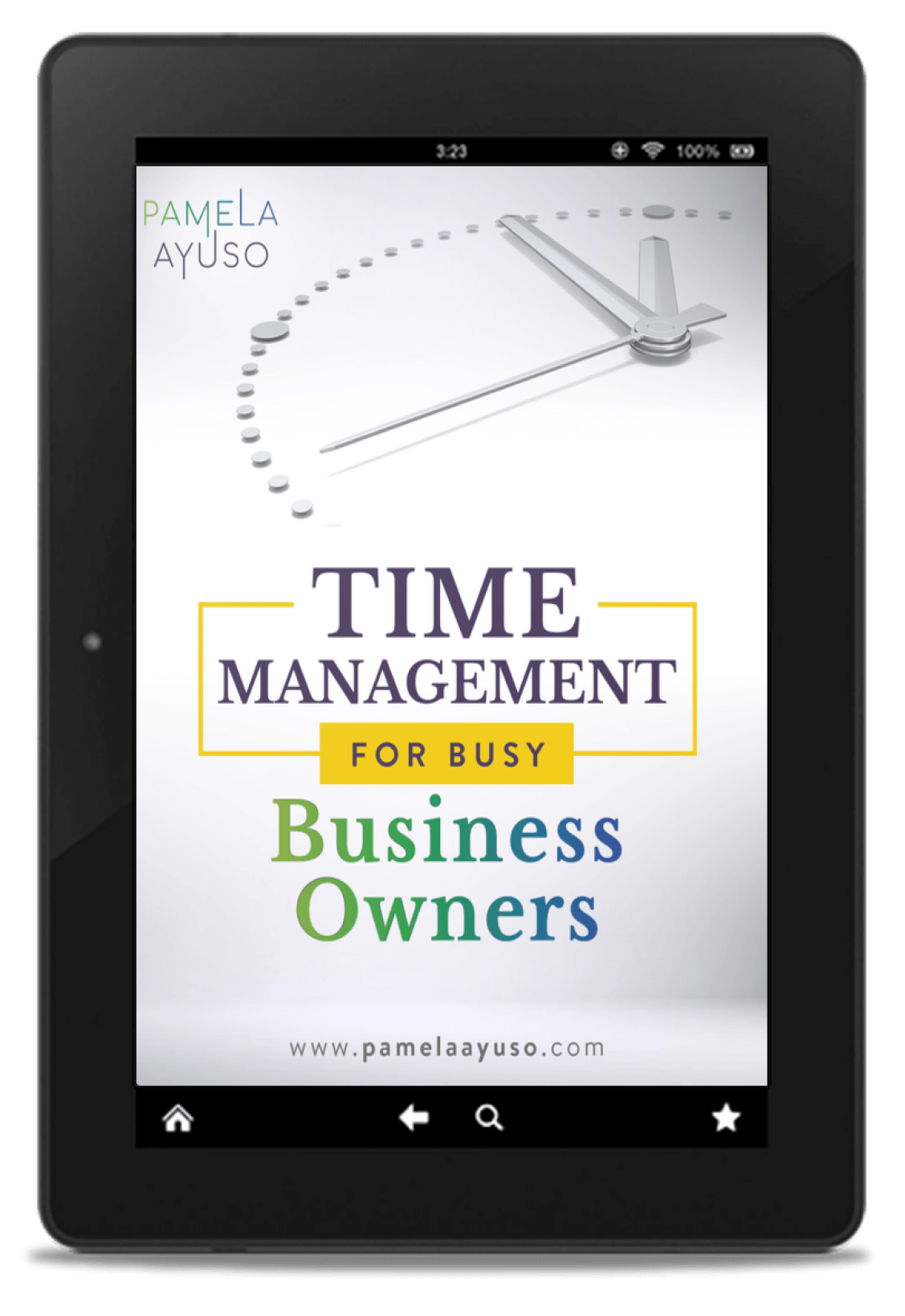This article is Part 2 of “Ray Dalio on His Powerful Principles.” Part 1 is available here.
Ray Dalio’s Principles: Life and Work (public library) is an impressive book full of insights and concepts applicable to both life and work. It is divided into three parts. The first two, which I commented on in the first part of this series, Ray Dalio on His Powerful Principles: Part 1, deal with his background and the principles he uses in life. “Part III: Work Principles” introduces the principles he has developed to manage his firm, Bridgewater Associates.
In case you have not had a chance to read the book, here are some of the highlights on the topic of work that resonated strongly in this part of his book.
![[Photo: Nik Shuliahin/Unsplash]](https://www.pamelaayuso.com/wp-content/uploads/2021/01/nik-shuliahin-251237.jpg)
[Photo: Nik Shuliahin/Unsplash]
On Mistakes
“Everyone makes mistakes. The main difference is that successful people learn from them and unsuccessful people don’t.”
“I believe that great cultures, like great people, recognize that making mistakes is part of the process of learning, and that continuous learning is what allows an organization to evolve successfully over time.”
Principles: Life and Work, Ray Dalio
We are all humans, and we all make mistakes. The larger the challenge, the greater the likelihood there will be at least one error. Mistakes, however, if channeled appropriately, can lead to growth. According to Dalio, that is exactly what marks the difference between successful and unsuccessful people.
A culture that can harness this theory and allows people to make mistakes and learn from them is powerful; if the entire team is failing and learning, the firm will evolve faster and reach a greater level of growth.
“Start by writing down your mistakes and connecting the dots between them. Then write down your ‘one big challenge,’ the weakness that stands the most in the way of your getting what you want. Everyone has at least one big challenge. You may in fact have several, but don’t go beyond your ‘big three.’ The first step to tackling these impediments is getting them out into the open.”
Principles: Life and Work, Ray Dalio
The prior quote explains a small exercise that Dalio proposes to uncover what an individual’s biggest weakness is. The most important thing, according to the author, is bringing obstacles to light. When those obstacles are hidden, there is no way to deal with them, but as soon as they are out in the open, it is easier to correct them or find ways to work around them.
On Being Self-Reflective
“Self-reflectiveness is the quality that most differentiates those who evolve quickly from those who don’t.”
Principles: Life and Work, Ray Dalio
Self-reflectiveness is the ability to look at our individual actions as objectively as possible and learn from them on our own. It involves questioning on an ongoing and consistent basis if things can be improved. Self-reflectiveness also means being able to look at mistakes made, accepting responsibility for them, and learning from them.
The quicker this cycle happens, the faster the evolution to the next phase will be. Otherwise, if we cannot face our errors, we may get stuck in a rut making the same mistake over and over again. Dalio believes self-reflectiveness is one of the most important qualities a person can have.
![[Photo: Janko Ferlic/Unsplash]](https://www.pamelaayuso.com/wp-content/uploads/2021/01/janko-ferlic-17492728129.jpg)
[Photo: Janko Ferlic/Unsplash]
On Ideas
“Of course, an idea meritocracy is based on the belief that pulling people’s thinking together and stress-testing it produces better outcomes than when people keep their disparate thoughts in their own heads.”
“Inexperienced people can have great ideas too, sometimes far better ones than more experienced people.”
Principles: Life and Work, Ray Dalio
One of the things that struck me in Dalio’s book is the importance, for any firm, of taking into account everyone’s ideas. The group is wiser than the individual, but for this to work, everybody must have a voice. Sometimes people with less experience will view things from a different perspective and may propose a great idea that someone with more experience might not have seen.
Once everybody can speak their mind and share ideas, any idea-producing session will be richer. Different types of ideas will arise, and the best ones that emerge should be tested to see whether they will succeed.
On Designing the Firm’s “Machine”
“Constantly compare your outcomes to your goals. You must always be simultaneously trying to accomplish the goal and evaluating the machine (the people and the design), as all outcomes are reflections of how the machine is running. Whenever you identify a problem with your machine, you need to diagnose whether it is the result of a flaw in its design or in the way your people are handling their responsibilities.”
Principles: Life and Work, Ray Dalio
Dalio proposes viewing the firm as a machine that produces outcomes. The results that the company produces vary from company to company, but each leader knows what is expected of the machine. Every outcome that is produced directly reflects on how well the machine is working. Some examples might include how well sales are going, how timely are reports being generated, and how well and efficiently the company’s product is going out to market.
According to the author, it is important to measure these results against the expected outcomes continuously. For anything that is not working as well as it should, the contributing problem must be identified. Once it is found, it should immediately be diagnosed and fixed. The cause may be in the design or in the way the team is interacting with it or even with each other. The design of the machine and the people are in a continuous back-and-forth, and their interaction should emulate a great choreography.
The process of analyzing and designing the machine is iterative and most likely never-ending because a business and its operations can always be improved.
On Management
“Build great metrics. Metrics show how the machine is working by providing numbers and setting off alert lights in a dashboard. Metrics are an objective means of assessment and they tend to have a favorable impact on productivity. If your metrics are good enough, you can gain such a complete and accurate view of what your people are doing and how well they are doing it that you can almost manage via the metrics alone. In constructing your metrics, imagine the most important questions you need answered in order to know how things are going and imagine what numbers will give you the answers to them. Don’t look at the numbers that you have and try to adapt them to your purposes, because you won’t get what you need. Instead start with the most important questions and imagine the metrics that will answer them.”
Principles: Life and Work, Ray Dalio
His point on metrics is fundamental. Metrics provide hard data on the main drivers of the business. Dalio proposes imagining the parameters that will provide the information that is needed to know that the machine is producing the outcome that is expected.
Some of the indicators may be already available, others may not exist or may have to be modified. If the metrics are not readily available, reports should be created to obtain them on a recurrent basis. Creating these indicators is easier said than done but essential. Ideally, the software that the firm is using will provide the reports on demand. However, sometimes that is not possible. In that case, reports can always be produced using tools like Excel to provide the information.
Once the reports are available, you and your team can use them to assess how well different areas of the firm are operating. The metrics will aid in management, but also, according to Dalio, in productivity.
I hope you enjoyed Ray Dalio’s ideas. If you are interested in reading his book, it is available here. Happy reading!
Note: I have not been compensated for reading this book, I am just a fan.
Dalio, Ray. Principles: Life and Work. New York: Simon & Schuster, 2017. E-book.



